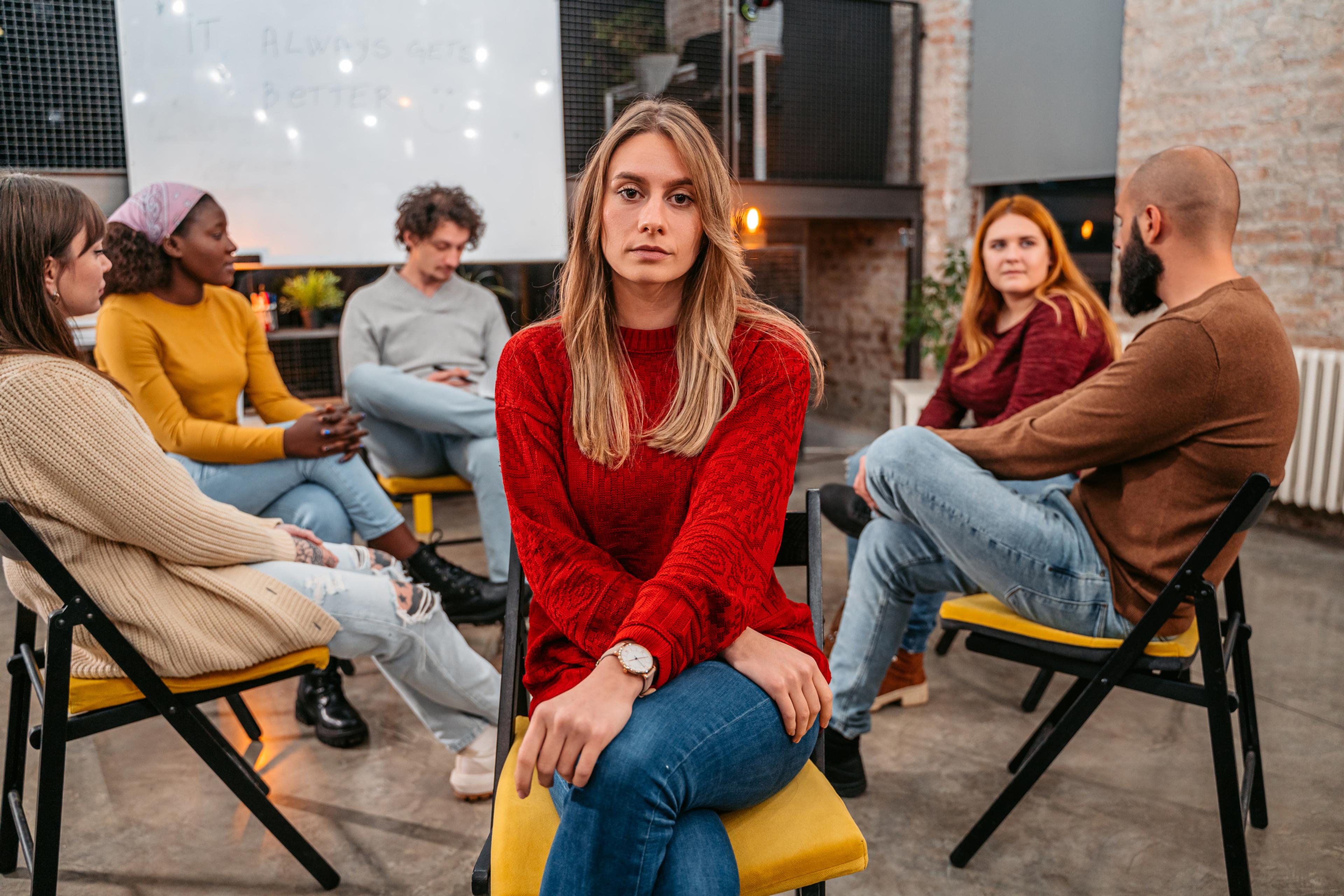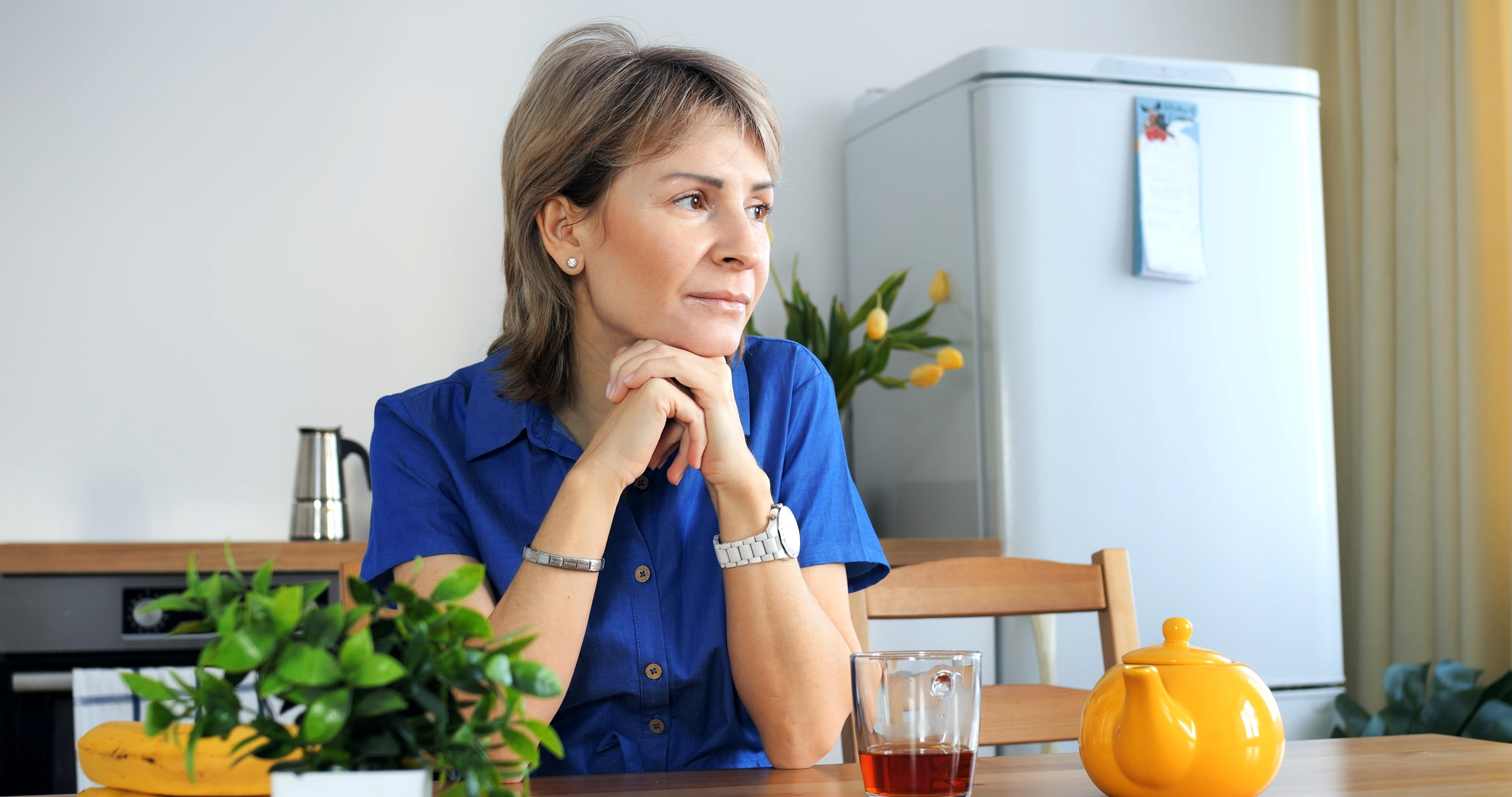How to Deal with Social Anxiety
A Healthier Michigan
| 4 min read

Anxiety disorders are the most common mental illness in the United States, according to the Anxiety & Depression Association of America.
More than 40 million Americans 18 and older are affected by an anxiety disorder. About 15 million Americans struggle with social anxiety disorder specifically, according to the National Institute of Mental Health. It's common for someone with anxiety to also struggle with depression, although they do not always correlate.
What causes social anxiety?
Social anxiety involves a regular fear of social embarrassment, scrutiny or humiliation, especially in public settings, according to the NIMH. Fears range from fear of being judged, to fear of showing the symptoms of anxiety, to a fear of general embarrassment, among other anxieties. According to the Anxiety & Depression Association of America, more than 35% of people with social anxiety disorder experience symptoms for up to a decade or longer before they seek treatment.
Social anxiety can cause serious disruption to a person’s quality of life, with most adults with social anxiety reporting moderate impairment from their symptoms or anxiety. About 30% of adults with social anxiety report serious impairment as a result.
Social anxiety symptoms show up in many ways. According to the Mayo Clinic, the most common include:
- Fear of being embarrassed or awkward around others
- Worrying about humiliation
- Fear of talking with others, especially strangers
- Fear of physical symptoms such as sweating, shaking or an unsteady voice
- Avoiding social interactions or events
- Anxiety leading up to interactions or events
- Intensely critical self-evaluation
- Expecting the worst outcomes in social situations
How to overcome social anxiety
If social anxiety is getting in the way of your everyday life, talk to your care team about treatments for social anxiety, according to the Mayo Clinic. Some ways you can help yourself through periods of social anxiety include:
- Practice public speaking or find a support group for public speaking skills.
- Gradually expose yourself to situations that trigger social anxiety.
- Ask your loved ones and support system for help.
- Be kind and patient with yourself.
- Learn about panic attacks and how to deal with them.
According to the Cleveland Clinic, self-advocacy and self-contained coping systems are important to tackling social anxiety, but you may need professional help from your care team in the form of therapy or medication.
How to treat social anxiety
When coping strategies are not sufficient to ease social anxiety or its symptoms, you may need a treatment plan. This can include support groups and therapy to help the mental and emotional side of social anxiety or medication to affect how your body responds to anxiety.
Cognitive Behavioral Therapy (CBT)
Cognitive behavioral therapy (CBT) involves identifying and changing patterns of thoughts or perceptions that guide reactions to anxiety. The goal is to equip the patient with the skills and strength needed to react positively to stressors or triggers of social anxiety, according to the National Social Anxiety Center. The target of CBT is better control and understanding of your own thoughts, behaviors and emotions. It can also help build better social skills, according to the NIMH.
Acceptance and Commitment Therapy (ACT)
Acceptance and commitment therapy (ACT) places an emphasis on mindfulness and setting realistic goals for yourself. This method teaches tools such as “cognitive defusing,” or the act of recognizing thoughts as a simply a thought and not reality. This may help with negative self-thoughts and assumptions about the ways other people view you, according to the National Social Anxiety Center. Less data is available on ACT, but it may be effective for some, according to the NIMH.
Medications for social anxiety
Your care team may prescribe medications as an alternative or supplemental form of treatment. There are many different medications for social anxiety and its symptoms, according to the NIMH. The most commonly prescribed types of medication for social anxiety include:
- Antidepressants
- Beta-blockers
- Anti-anxiety medications like benzodiazepines





